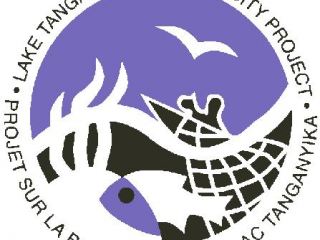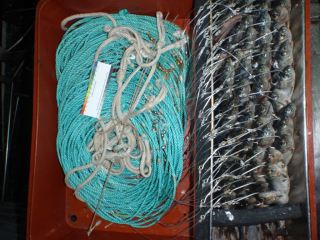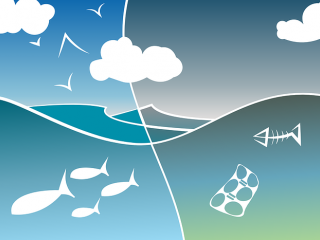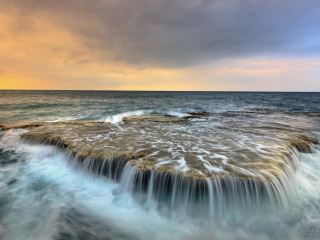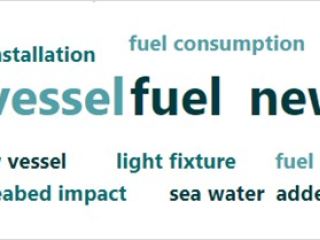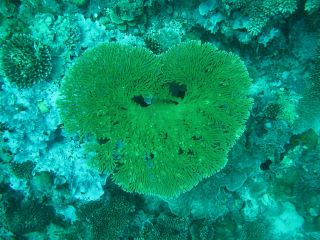
During the last two decades, changes in public attitude toward the natural environment and increased awareness of past losses and current threats have forced many industries and government agencies to evaluate the impacts of their activities on natural processes. Pollution, coastal development, dredging and habitat loss all impact natural resources in the coastal, near shore, and offshore ecosystems. Likewise, the direct and indirect impacts of fisheries are often overlooked, poorly recognised or inadequately understood. Fishing gear, methods of fishing, and poor fisheries management regimes can all have destructive impacts on marine habitats and both targeted and non-targeted species.
MRAG have developed considerable experience in the undertaking of environmental assessments. Projects include research to support the establishment of ecological reserves, assessment of pollution control, studies on the effects of flood control systems, identification of conflicts between fishing gear types, threats to non-target species, and design of guidelines to minimise the loss of biodiversity. Assessments have been conducted on behalf of the United Nations Development Programme (UNDP) Global Environment Facility (GEF), UN Food and Agriculture Organisation (FAO), the UK Department for International Development (DFID) and the European Commission.

